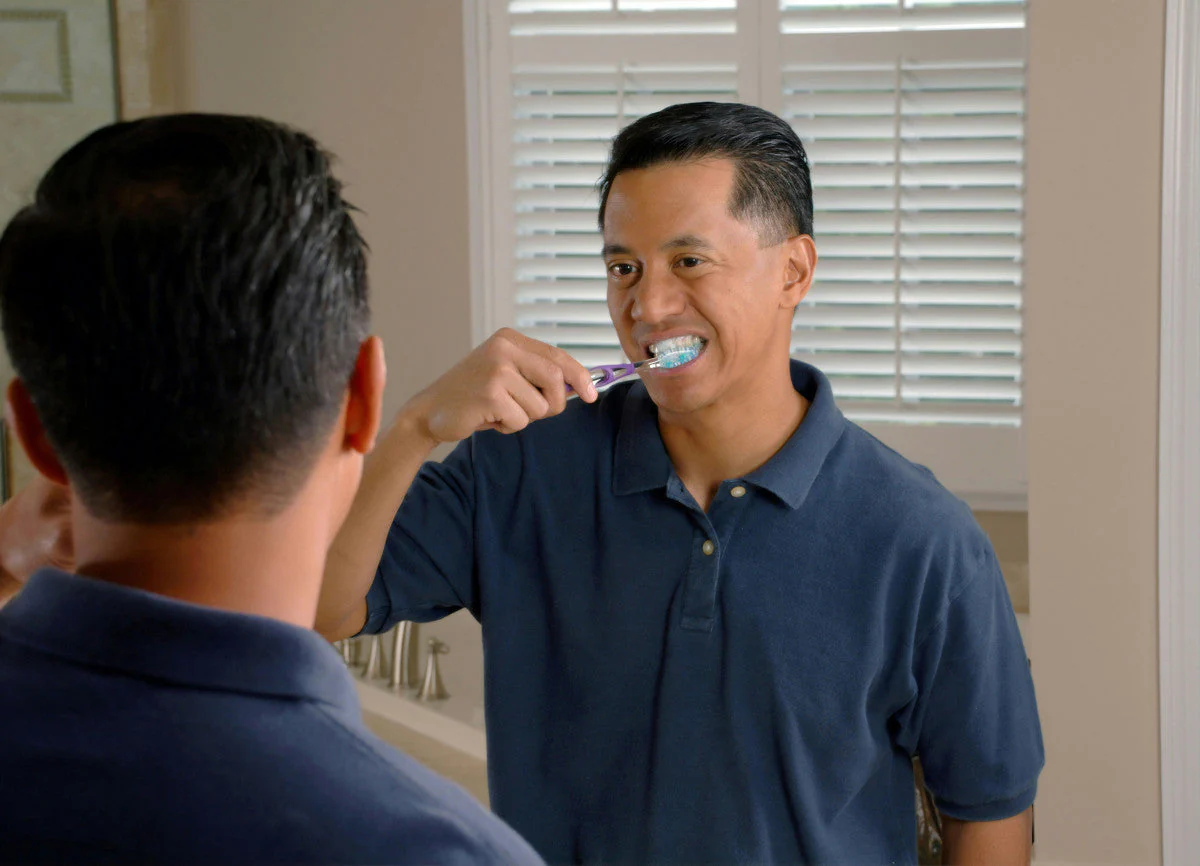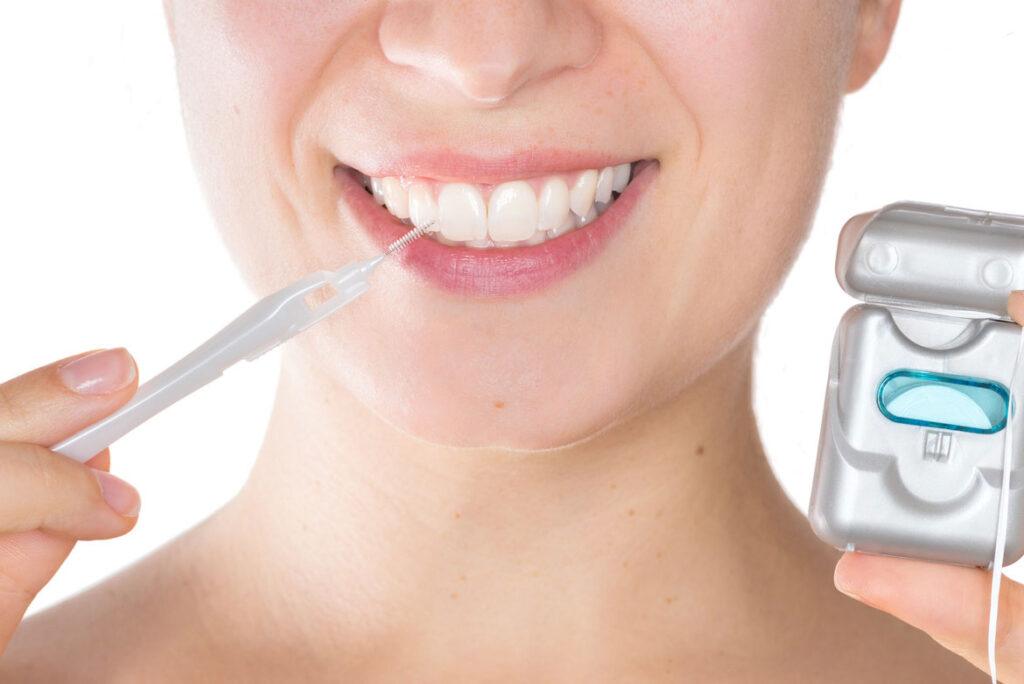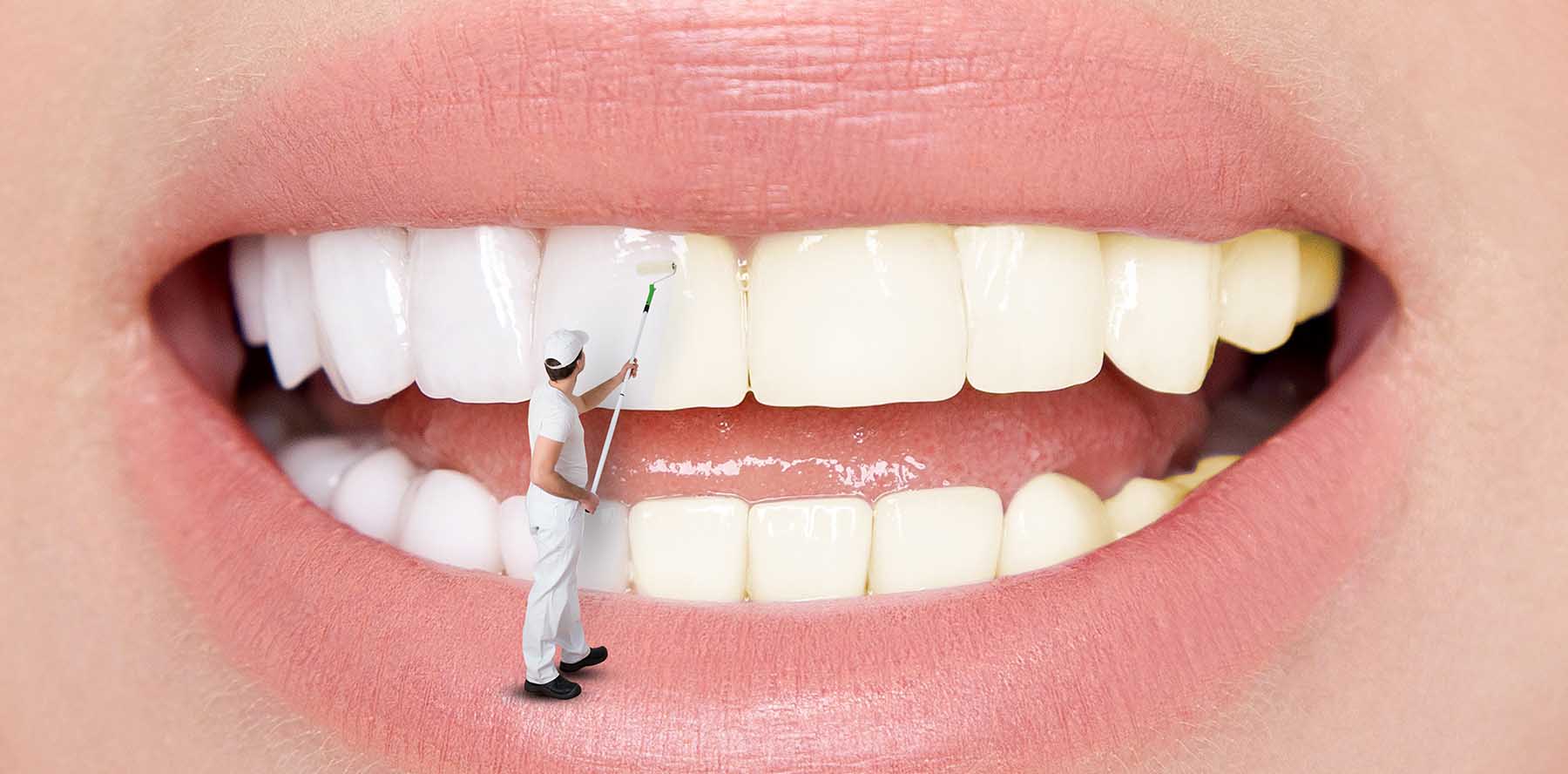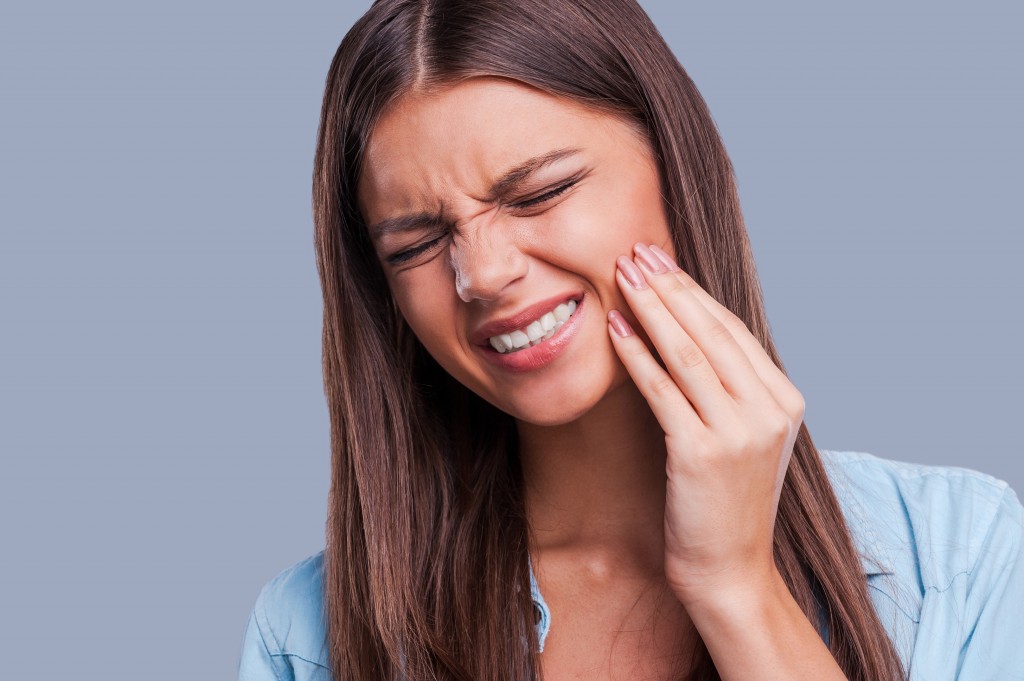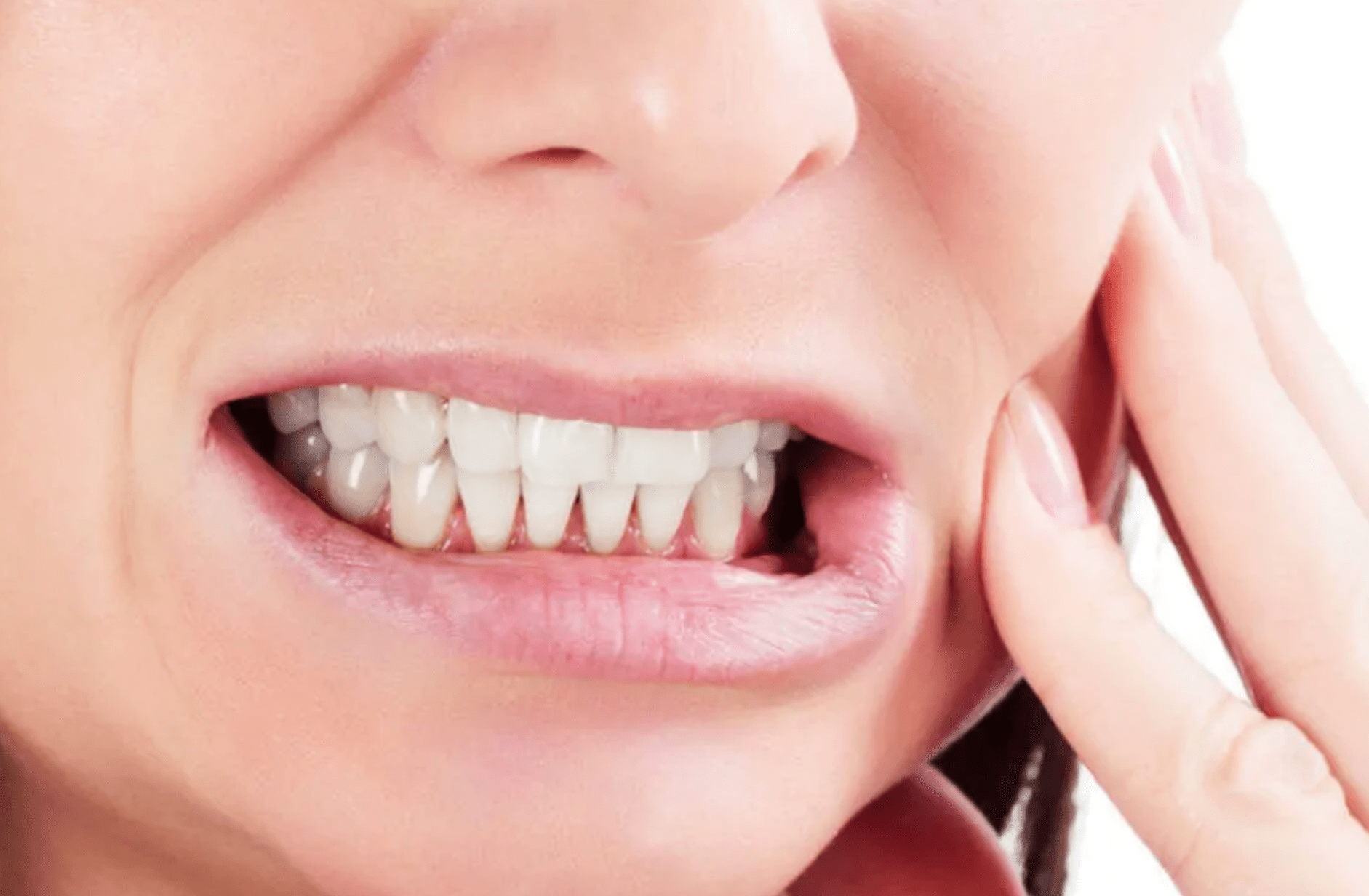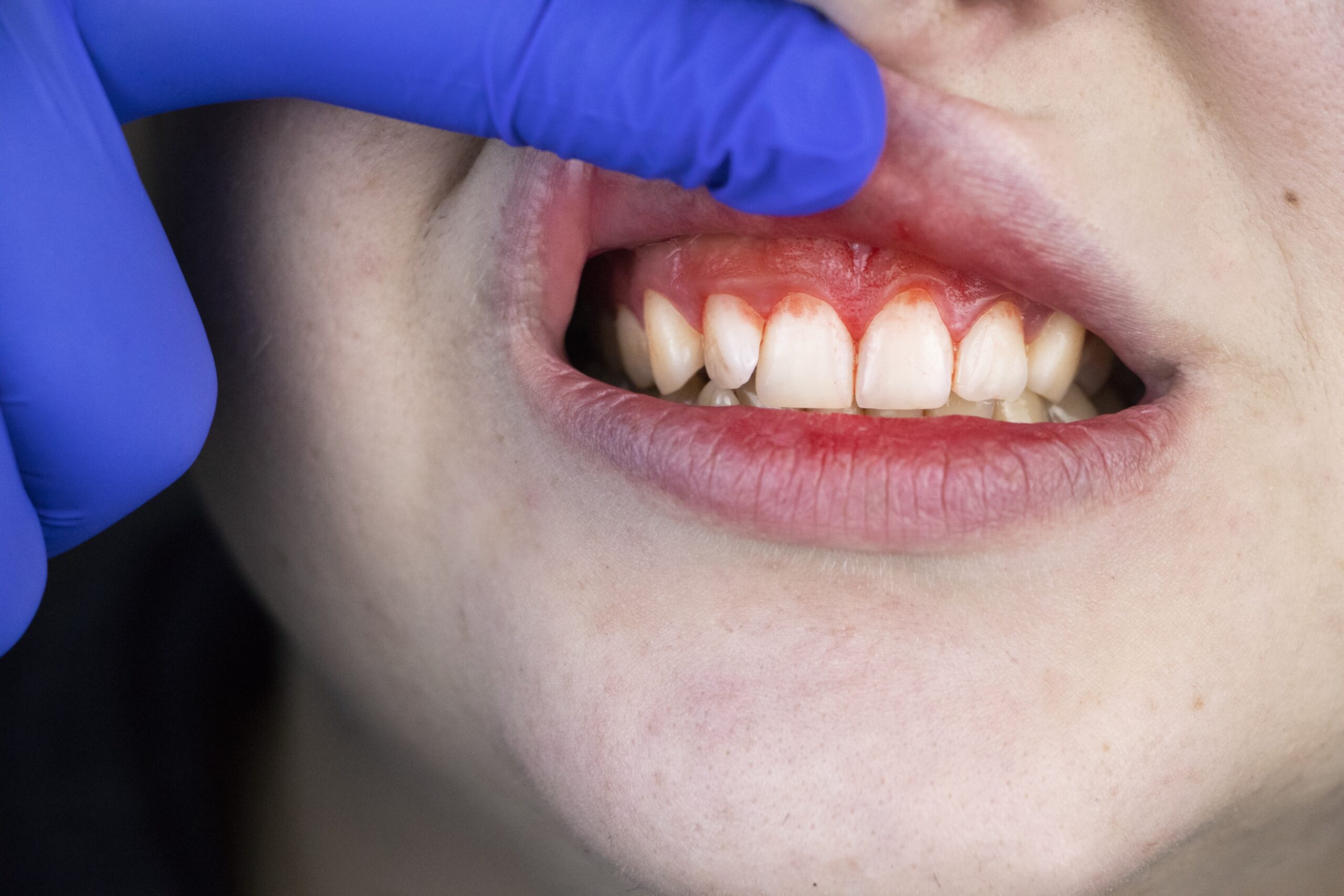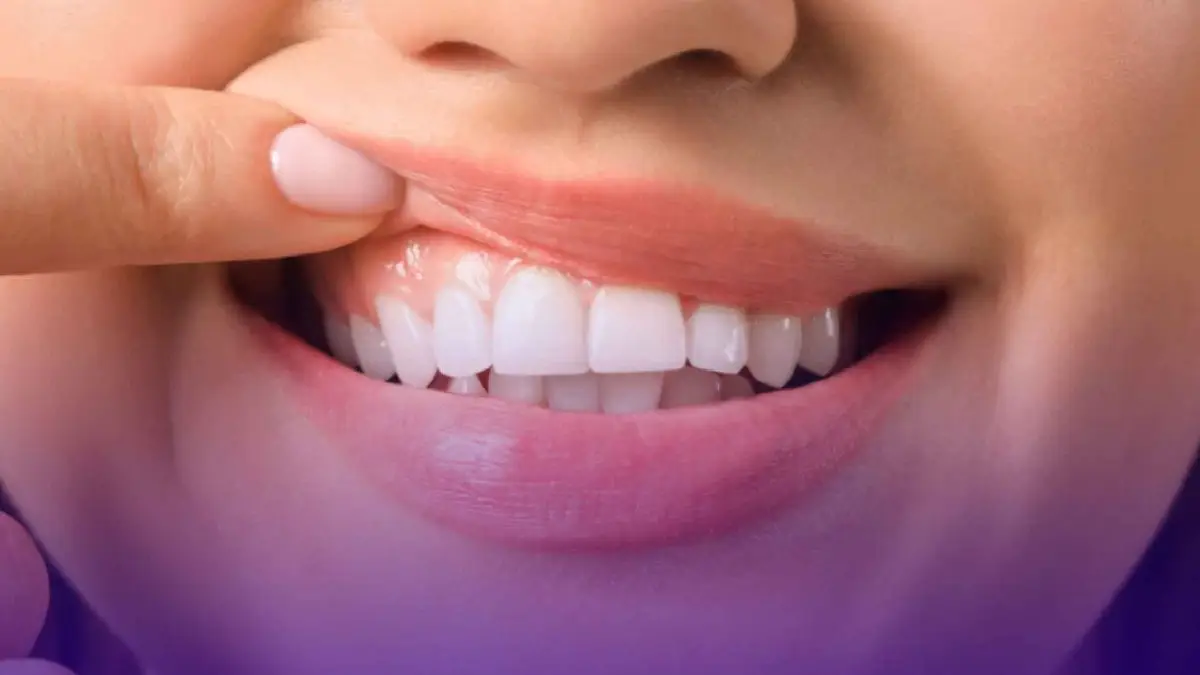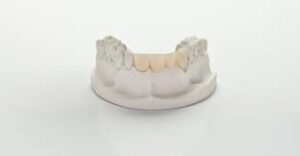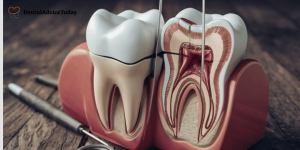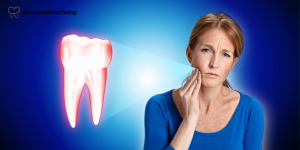Do you ever think cavities can be contagious like the flu? Many people avoid sharing food with others while having cavities. They consider it will harm the next person. A cavity is a small hole in the teeth. This is formed in a result of bacterial infection in the teeth. The germs can be spread when you share a spoon, a cup, and a toothbrush with a healthy person.
It is the germs that can be transferred to others, not the holes. Taking precautions can reduce the risk of germs. In this blog, we will learn about cavities, their causes, and prevention in easy words.
What Are Cavities?
Why are cavities contagious? Cavities are small holes on the surface of teeth. These can grow deep inside and are able to destroy whole teeth. Bacteria can spread through saliva to the whole oral cavity. This is the reason other teeth can get affected by one tooth. Bacteria damage the protective layer of teeth. When you eat sweet foods, these bacteria grow in numbers and produce a harmful acid. This acidic secretion will break the enamel and weaken the roots of your teeth.
Are Dental Cavities Contagious?
Did you ever think that cavities are contagious? You will be amazed to know the answer. You are absolutely right. Cavities can spread from one person to another with direct contact. It is not like the flu and a cold, but both are similar. You cannot get the whole hole as it is. You will get it from the cause known as Streptococcus mutans. This type of bacteria can be transferred from one person to another through sharing meals and while kissing.
These bacteria come into contact with teeth to grow and secrete acid. This acid slowly dissolves the enamel of teeth. A continuous process makes your teeth weak to maintain the shape. Black holes appear on the surface of teeth and worsen if not treated early.
Other Ways Cavities Can Be Spread
People mostly ask Are Cavities Contagious? Cavities can be transferred from one person to another in many ways. Here are some common paths where you can get cavities from anyone. Control of germs can control this transfer.
Sharing utensils
Using spoons, forks, or straws can be harmful. The used utensil contains your saliva, which can transfer germs. This mode of transfer is common in families. You can get the germs when the person sneezes or coughs in front of your mouth.
Sharing toothbrush
Toothbrushes get in direct contact with your teeth and mouth. It is very unsafe to share your toothbrush with family members and friends. Do not share your toothbrush, even if you have healthy teeth. Avoid using someone’s toothbrush to clean your teeth. It can cause severe damage to your oral hygiene.
Sharing food with babies
Some parents share their food with babies after chewing. It can cause harm to the weak teeth of your baby. It can also give infections to your children.
Sharing Lip balm and lipsticks
Some people like to share lip balm with each other. This sharing can make a big problem for some people. Lip balm and lipstick get close to saliva. Germs in saliva spread from one person to another. This can lead to lip infections, swelling, and dry lips. Keep your lip balm private. It will keep you and others safe from germs.
Sneezing and coughing close to others
Germs spread in the air when someone sneezes. It is risky when someone sneezes or coughs close to you. Saliva drops may enter your mouth from the air. These drops contain multiple germs that can cause cavities in a healthy person. The cavities do not transfer from the air directly. You get only the germs and bacterial infections.
Are Cavities Contagious Through Kissing?
Many people ask Are cavities contagious through kissing? Yes, kissing a person with a cavity can cause cavities. Your mouth comes closely in touch while kissing. It is possible to get infections from sneezing and coughing. If a healthy person kisses someone with bad oral health. Germs can be easily transferred to a healthy person. This can be harmful to your oral hygiene. Germs can be transmitted from one mouth to another through saliva. You can get a tooth cavity if you kiss someone who has cavity germs. It is a slow process to get germs from a kiss. But it is possible when you have continuous contact with someone.
Preventing the Spread of Cavity-Causing Bacteria
Are dental cavities contagious? The answer is yes. You can have better oral hygiene to prevent it. Brush and floss at least once a day. Brush your teeth after dinner. Use fluoride toothpaste to keep teeth strong. It will also help to remove harmful germs. Use a soft brush for gentle brushing.
Follow these instructions to keep the germs away
- Brush your teeth daily before going to bed. It will reduce the risk of germ production overnight. Do not use a hard brush. It will make your teeth sensitive and harm your tooth enamel.
- Flossing every day can be a good dental treatment you can do at home. It will help to remove food particles stuck between your teeth. Flossing helps to decrease the risk of infections in the back teeth. Flossing daily with brushing will give a long lasting life to your teeth.
- Avoid sharing your drinks and utensils with anyone. Sharing a drink with a person who has cavities can give you germs. These germs get stuck to your teeth and cause bad breath.
- Rinse your mouth after every meal. It is better to brush after dinner. Small particles of food can cause acid formation. This acid slowly weakens your gums and teeth. Make sure to reduce sugar consumption before bed. Bacteria grow quickly on sugar and cause you rapid irritation.
- Do not ignore your minor issues. must consult a doctor if you are having continuous pain or sensitivity
- Use fluoride toothpaste and mouthwash to prevent bacterial growth.
- Eat a healthy diet to strengthen your teeth and bones. Take calcium-rich food. Drink milk with a balanced diet.
Conclusion
Are dental cavities contagious? The simple answer is yes. It is possible to get bacteria from an affected person. It does not spread like the flu or a cold. These germs stick to teeth and grow there. A person gets infected when they come into contact with an affected spoon, fork, straw, or cup. You can prevent the spread with some lifestyle changes. Most people think are cavities contagious through kissing? Yes, they are. Consult your doctor and brush daily to avoid deep dental treatment.
FAQs
Are cavities contagious through kissing?
Yes, cavities can be spread through kissing an affected person. The germs spread through sharing drinks and utensils. Germs are commonly spread through saliva from an affected person to a healthy person.
What is the black stuff in a cavity?
You should not ignore it if you notice any black stuff in your teeth. This can be a sign of tooth decay due to bacterial infection. This infection can cause yellow and brown spots on teeth.
What is the 2-2-2 rule for oral hygiene?
It is a rule to follow for a healthy person. It means you should brush 2 times a day for 2 minutes minimum. Must visit a dentist 2 times in a day. This rule will help you to maintain oral hygiene.
How many cavities are normal to have?
There is no specific number of normal cavities. You can often get cavities due to eating habits. Do not wait and get treatment early to avoid complications. Change your lifestyle to avoid further cavities if you have one.
When is it too late to reverse a cavity?
A cavity starts from a small spot formation. It can be managed easily by brushing and flossing. A big hole can be a problem for the roots of your teeth.

